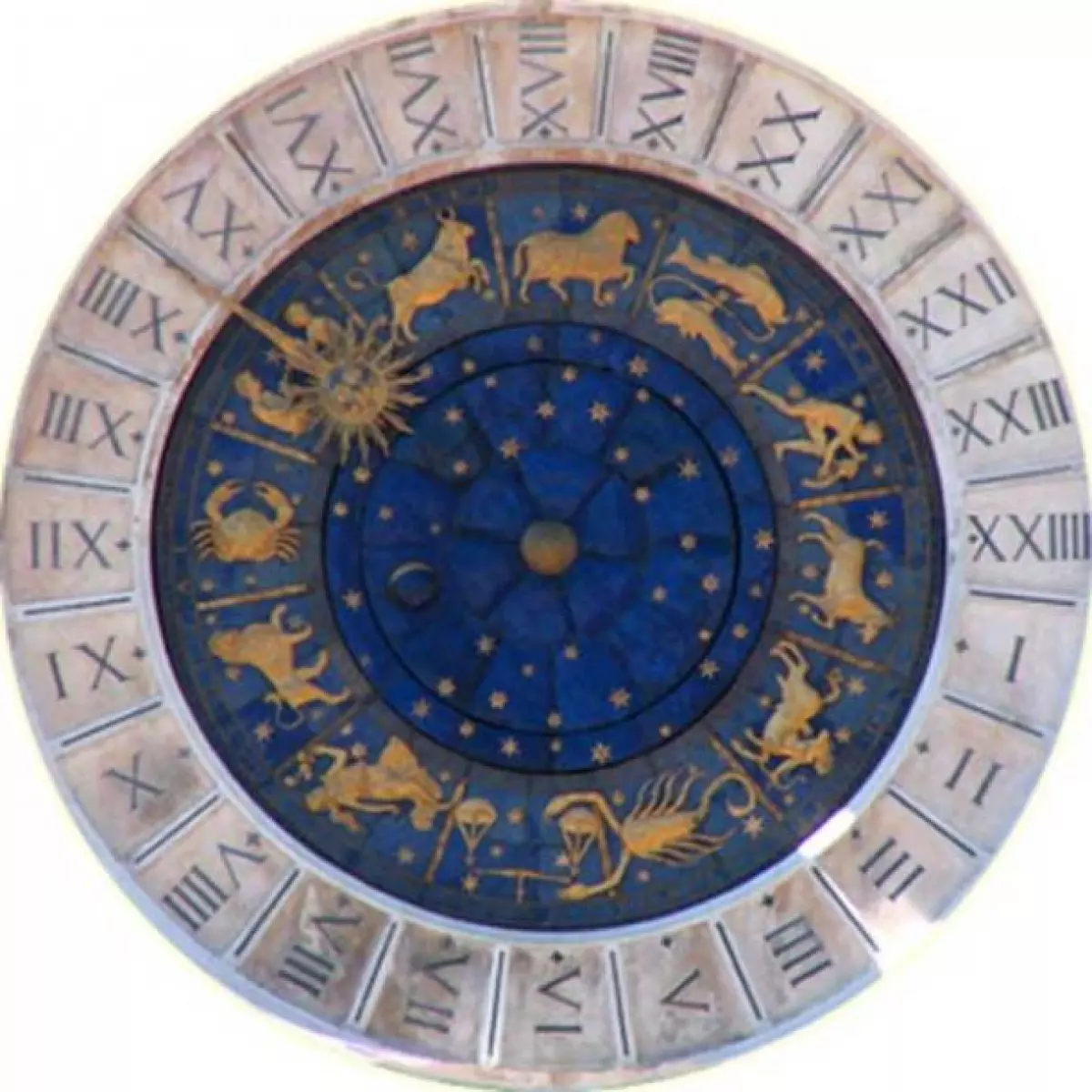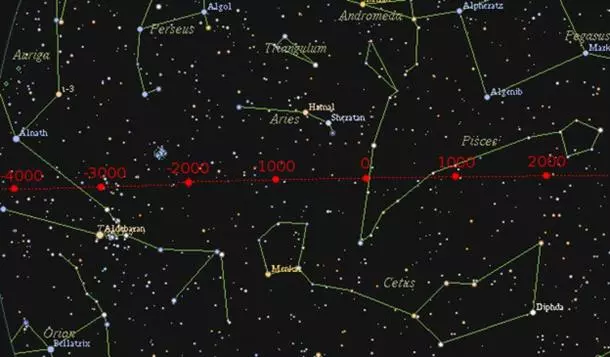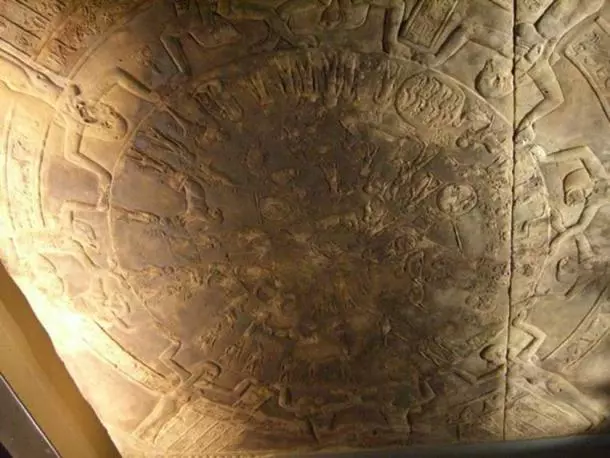Every time ancient Greece is mentioned, most people automatically think of democracy, the Olympic Games, mythology, philosophy, technology, and various sciences such as mathematics and astronomy. But few are aware that the ancient Greeks were also superstitious, despite their logical thinking. This perhaps explains why it was the Greeks who shaped the system of astrology into its modern-day form, even though the first organized system of astrology arose during the 2nd millennium BC, in Babylon.
The Greeks and Astrology
The Greeks borrowed some of their myths from the Babylonians and came up with their own. For that matter, even the word astrology - as well as the science of astronomy - is derived from the Greek word for star, "asteri." But how and when were the Greeks first introduced to astrology?
During the conquest of Asia by Alexander the Great, the Greeks were eventually introduced to the unknown cultures and cosmological schemes of Syria, Babylon, Persia, and central Asia. It didn't take too long after that for the Greeks to overtake cuneiform script as the international language of academic communication, and part of this action was the transference of astrology from cuneiform to Greek.
Around 280 BC, Berossus, a priest of Bel from Babylon, traveled to the Greek island of Kos where he ended up teaching astrology and Babylonian culture to the local populations. This was the very first time that the world of astrology was transferred officially to the Hellenistic (and this Western) world of Greece and Egypt that was under Greek rule at the time. Initially, the ancient Greeks, known for their logical way of thinking, were skeptical about astrology and wondered about many things, such as why animals weren't ruled by the same cosmic powers as humans, for example.
By the first century BC, two varieties of astrology were in existence: one that required the reading of horoscopes to learn accurate details about the past, present, and future, while the other focused on the soul's ascent to the stars and the search for human meaning in the sky. In other words, the Greeks attempted to understand general and individual human behavior through the influence of planets and other celestial objects, while some used astrology as a form of dialogue with the divine.
 Path taken by the point of vernal equinox along the ecliptic (CC BY-SA 3.0)
Path taken by the point of vernal equinox along the ecliptic (CC BY-SA 3.0)
The Zodiac and Ptolemy's Contributions
Horoscopic astrology first appeared in Hellenistic Egypt. The earliest extant Greek text using the Babylonian division of the zodiac into twelve signs of thirty equal degrees each is the Anaphoricus of Hypsicles of Alexandria in 190 BC. Furthermore, the sculptured "Dendera zodiac" - a bas-relief from the ceiling of the pronaos of a chapel dedicated to Osiris in the Hathor temple at Dendera, containing images of Taurus and Libra dating back to 50 BC - is the first known depiction of the classical zodiac of twelve signs.
A very significant role in the development of Western horoscopic astrology was played by the Greek mathematician, astrologer, and astronomer Ptolemy. His work "Tetrabiblos" laid the foundations of the Western astrological tradition. Under Ptolemy, the planets, Houses, and signs of the zodiac were first explained in great detail, and their function hasn't changed much compared to the present day. Ptolemy lived in the 2nd century AD, three centuries after the discovery of the precession of the equinoxes by Hipparchus around 130 BC.
 15th-century map depicting Ptolemy's description of the inhabited world, (1482, Johannes Schnitzer) (Public Domain)
15th-century map depicting Ptolemy's description of the inhabited world, (1482, Johannes Schnitzer) (Public Domain)
Hipparchus of Nicaea, a Greek astronomer, geographer, and mathematician, is credited with the invention of trigonometry. He is best remembered for his incidental discovery of the precession of the equinoxes. His lost work on precession, however, didn't gain much attention until it was brought to prominence by Ptolemy. Moreover, Ptolemy decisively explained the theoretical basis of the western zodiac as being a tropical coordinate system aligned to the equinoxes and solstices, rather than the visible constellations that bear the same names as the zodiac signs.
 Depiction of Ptolemy employing a quadrant, from Giordano Ziletti's Principles of astrology and geography according to Ptolemy, 1564 (Public Domain)
Depiction of Ptolemy employing a quadrant, from Giordano Ziletti's Principles of astrology and geography according to Ptolemy, 1564 (Public Domain)
Antiochus of Athens and Dorotheus of Sidon
Two significant astrologers who contributed to the evolution of Western astrology are Antiochus of Athens and Dorotheus of Sidon. Dorotheus, a first-century AD Greek astrologer, lived and worked in Alexandria, just like Ptolemy. He's known for writing a didactic poem on horoscopic astrology called the Pentateuch. The Pentateuch, a textbook on Hellenistic astrology, has come down to us mainly from an Arabic translation dating from around 800 AD. Although fragmentary at times, it remains one of our best sources for the practice of Hellenistic astrology and greatly influenced later astrologers.
Antiochus of Athens, another significant Greek astrologer from the same Hellenistic period, made early references to astrological reception and discussed the twelve houses of the astrological chart, heliacal risings and settings, and the Lots. Although most of his writings are now lost, some important fragments and extracts have survived. His immense impact can be traced to many writers that followed him, such as the Neoplatonist Porphyry and Rhetorius of Egypt.
 Astrology Tile Mosaic, Ringling's Mansion (CC BY-SA 2.0)
Astrology Tile Mosaic, Ringling's Mansion (CC BY-SA 2.0)
Astrology has a long and rich history, shaped by different civilizations and cultures throughout the millennia. From its origins in ancient Babylon to its development and refinement by the Greeks, astrology continues to captivate people's imagination and provide insights into human behavior and the cosmos.











